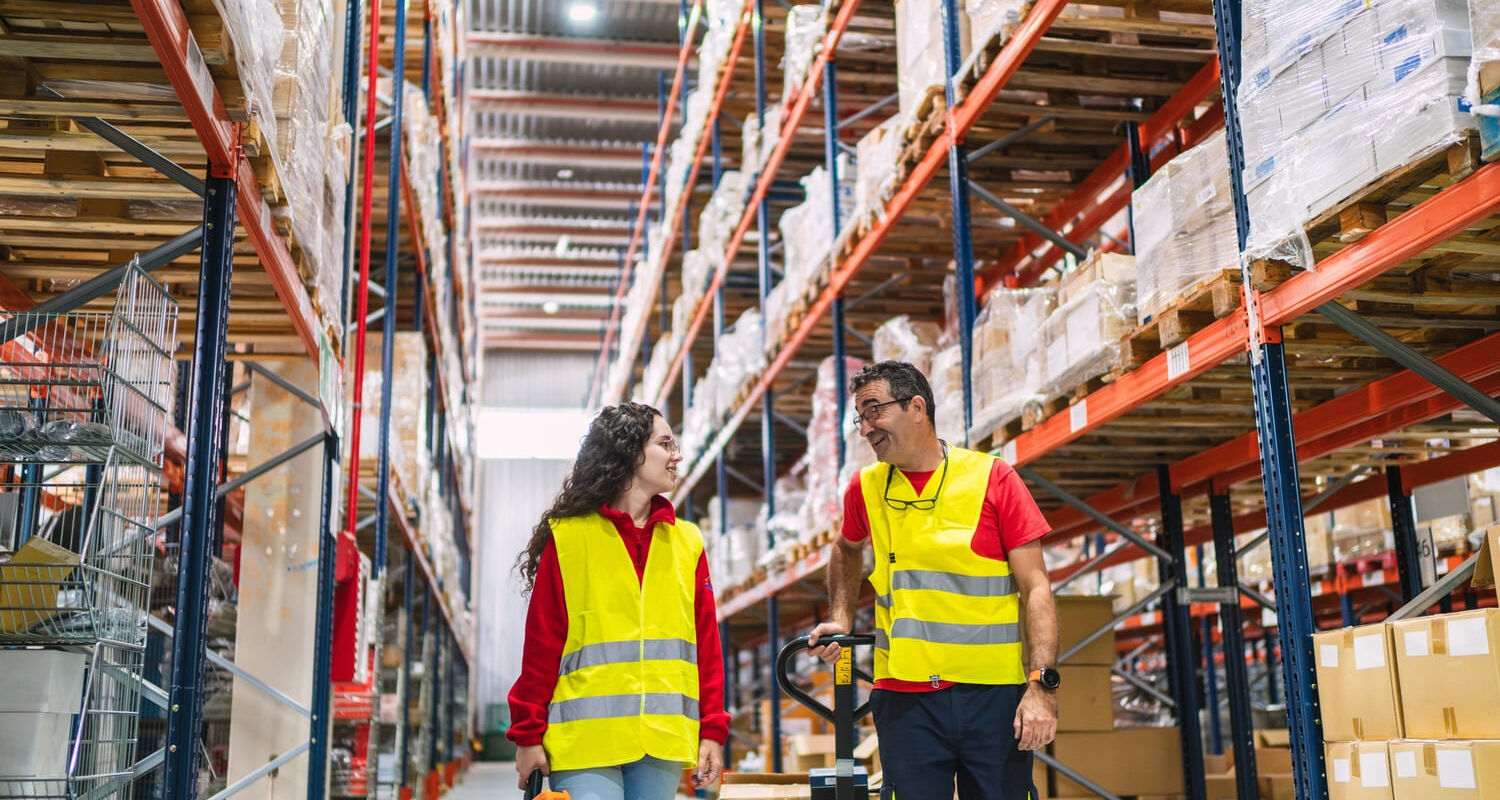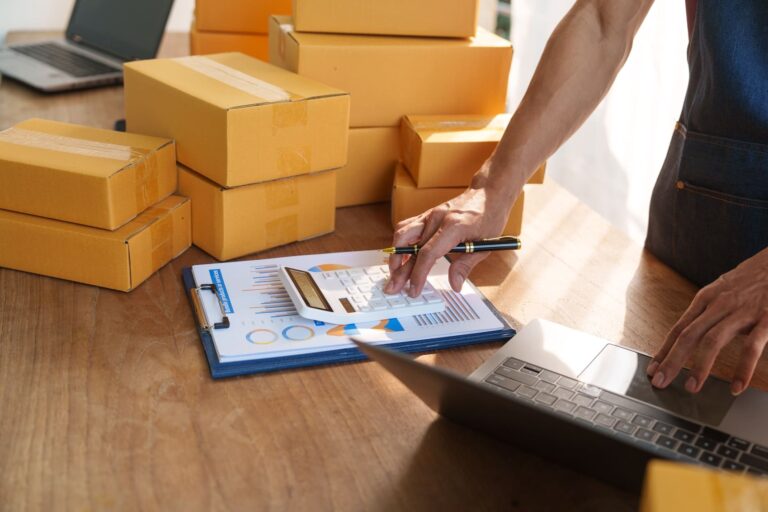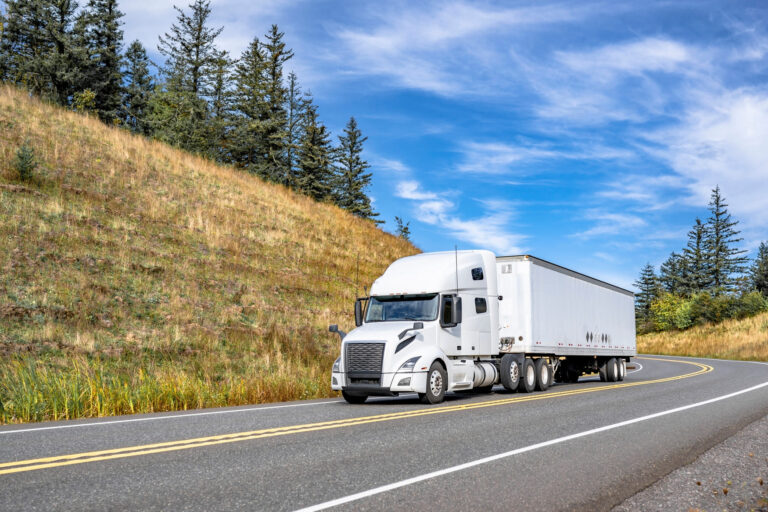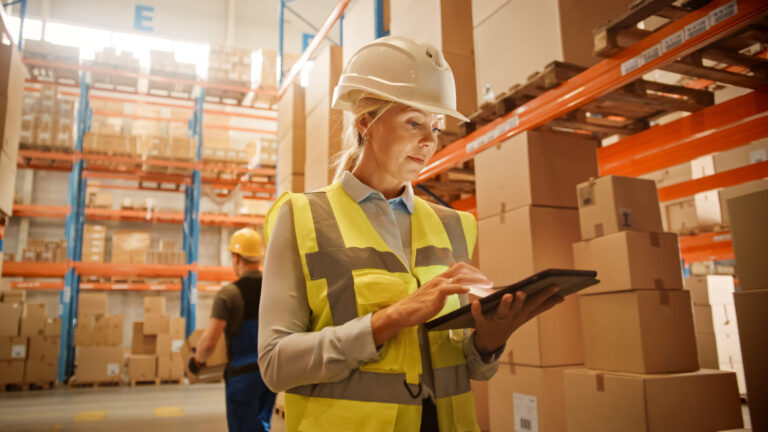Choosing the Right National 3PL for D2C E‑Commerce Fulfillment

Direct‑to‑consumer (D2C) e‑commerce has exploded in recent years. Lockdowns accelerated a decade of growth within just a few months, and consumer expectations for fast, affordable delivery have never been higher. A 2025 survey shows that 74 % of online shoppers expect delivery within two days and 56 % of shoppers aged 18‑34 expect same‑day delivery. In this environment, choosing a national third‑party logistics (3PL) partner is critical. A capable 3PL manages inventory, picking, packing and shipping while providing nationwide reach, technology integration and customer service-allowing your brand to scale without compromising the customer experience.
This guide explains how to evaluate national 3PLs for D2C fulfillment. You’ll learn which services matter most, what technology to expect and how to balance cost, quality and sustainability. By the end, you’ll be able to select a fulfillment partner that grows with your brand and keeps customers happy.
Why a National 3PL Is Essential for D2C Growth
Fast delivery is no longer a perk-it’s an expectation. 92 % of consumers consider delivery windows when deciding whether to buy and 88 % say real‑time delivery tracking is critical. Meeting these expectations requires more than a single warehouse; it demands a nationwide network and sophisticated logistics.
A national 3PL offers:
- Scalable operations: Access to multiple fulfillment centers allows you to handle seasonal spikes and growing order volumes without delays. .
- Expanded reach: Coast‑to‑coast networks across the east, west and central U.S.) reduce transit times and shipping costs.
- Expertise in D2C fulfillment: Experienced 3PLs understand the unique demands of direct‑to‑consumer operations, from subscription box fulfillment to managing returns and custom packaging.
- Access to multi‑carrier shipping: A national 3PL negotiates with multiple carriers for competitive rates and flexible delivery options.
By leveraging a partner with nationwide infrastructure and D2C know‑how, brands can focus on product development and marketing while ensuring orders are delivered quickly and accurately.
Essential Services to Expect from a D2C‑Focused 3PL
Inventory accuracy underpins every aspect of fulfillment. Look for:
A robust 3PL should offer end‑to‑end logistics services tailored to D2C brands:
Inventory Management
- Real‑time inventory tracking with low‑stock alerts and automated replenishment. This prevents stockouts and overstocking and supports multichannel sales.
- Distributed inventory across multiple locations. A network of strategically located warehouses shortens delivery distances and enables cost‑efficient zone skipping.
Order Fulfillment and Shipping
Effective order fulfillment combines speed and precision:
- Picking and packing accuracy: using connected IoT devices to monitor picking and packing in real time, achieving near‑perfect accuracy.
- Multi‑carrier shipping: Your 3PL should integrate with all major carriers and offer rate shopping to select the fastest, most cost‑effective option for each order. Competitive postage rates and next‑day shipping capabilities are crucial.
- Nationwide coverage: A coast‑to‑coast network ensures two‑day delivery to most U.S. addresses. For cross‑border sellers, expertise in customs clearance and international shipping is invaluable.
Returns Management
Returns are inevitable in e‑commerce. An effective 3PL will:
- Provide clear reverse logistics workflows that include inspection, restocking and refund processing. Efficient returns management improves customer satisfaction and reduces operational headaches.
- Offer eco‑friendly options such as return consolidation to reduce emissions and packaging waste.
Packaging and Branding
The unboxing experience is part of your brand identity. Seek a 3PL that supports:
- Custom packaging and branded inserts to reinforce your brand. Some providers even offer on‑site personalization services such as embroidery or engraving.
- Sustainable materials: Eco‑friendly packaging appeals to the growing number of environmentally conscious consumers.
Integration with E‑Commerce Platforms
Seamless integration eliminates manual work and data delays:
- Native connectors for Shopify, WooCommerce, Amazon and other platforms. Leading providers support a wide range of integrations and even custom APIs.
- Real‑time synchronization: Orders should transmit instantly to your 3PL’s system, while inventory levels and shipping updates flow back to your store without lag.
Customer Service & Support
Even the most automated systems need human backup:
- Dedicated account managers: Top providers assign on‑site account managers to act as an extension of your team, handling issues proactively.
- Responsive support: Look for 24/7 customer service and proactive communication during peak periods or disruptions.
Technology and Reporting: The Engine of Modern Fulfillment
Technology differentiates the best 3PLs from the rest. Your provider should offer:
- Robust warehouse management system (WMS): Features like automated order routing, barcode scanning and customizable analytics dashboards enable efficient operations.
- Real‑time tracking and notifications: With 88 % of consumers wanting real‑time delivery tracking, your 3PL must provide live status updates to you and your customers. Real‑time alerts improve trust and reduce support tickets.
- Data‑driven insights: Access to shipping cost analysis, carrier performance metrics and seasonal trend reports allows you to optimize your logistics strategy.
Evaluating the Fulfillment Network and Coverage
The geographic reach and network design of a 3PL dramatically affect delivery speed and cost. When comparing providers, ask about:
- Warehouse locations and regional hubs: Multiple facilities across the country reduce transit times and shipping costs. A coast‑to‑coast network allows you to store products closer to customers and offers next‑day shipping capabilities.
- Carrier partnerships: Strong relationships with carriers provide flexibility and competitive rates.
- Cross‑border and global expertise: If you serve international customers, ensure your 3PL can handle customs clearance and international shipping.
Cost Considerations
Price is important, but the lowest bid is not always the best value. Evaluate:
- Storage and handling fees: Compare per‑pallet or per‑SKU storage rates, pick‑and‑pack fees and packaging costs. Ask whether rates increase during peak seasons.
- Shipping costs: Look for rate shopping across carriers to avoid surprise surcharges.
- Value‑added services: Custom kitting, returns processing and personalized packaging may incur additional fees-ensure these are transparent.
Best Practices for Working with Your 3PL
To maximize the benefits of a national 3PL partnership:
- Maintain accurate inventory: Regularly update SKUs and stock levels to prevent overselling and stockouts.
- Optimize packaging: Use right‑sized boxes and protective materials to minimize dimensional weight and reduce returns.
- Monitor performance metrics: Track order accuracy, shipping times, customer feedback and cost per order to identify improvement areas.
- Collaborate closely: Share sales forecasts, promotion plans and product launches with your 3PL so they can allocate resources accordingly.
- Audit periodically: Regularly review your 3PL’s technology, network coverage and service quality to ensure alignment with your growth goals.
Conclusion: Partnering for Growth
Choosing the right national 3PL for D2C e‑commerce is a strategic decision that impacts delivery speed, customer satisfaction and profitability. By focusing on scalable networks, comprehensive services, technology integration, transparent pricing and sustainability, you can select a logistics partner that grows with your brand and delights your customers. Don’t be swayed by the cheapest quote look for a provider that delivers long‑term value and acts as a true partner. Ready to streamline your fulfillment? Contact us for a tailored quote and let us help you scale nationwide.
Frequently Asked Questions (FAQ) – OLIMP Warehousing
Q: What should I look for in a D2C fulfilment provider?
Look for a 3PL that offers nationwide coverage, real‑time inventory and order tracking, multi‑carrier shipping, robust returns management, custom packaging options and integrations with your e‑commerce platform. Dedicated account managers and transparent pricing are also important.
Q: What is the best 3PL for direct‑to‑consumer brands in 2025?
There is no one‑size‑fits‑all answer. The best 3PL for your brand depends on your order volume, product type, desired delivery speed and budget. Evaluate providers based on network coverage, technology, support and costs. Some providers specialize in premium services, while others focus on low‑cost, peer‑to‑peer networks.
Q: How do 3PLs handle returns?
Leading 3PLs provide reverse logistics services that include receiving returned items, inspecting them, restocking eligible products and processing refunds or exchanges. Efficient returns management improves customer satisfaction and reduces operational stress.
Q: Why is real‑time tracking important in e‑commerce fulfilment?
Consumers expect transparency; 88 % of shoppers consider real‑time delivery tracking critical. Real‑time tracking gives customers confidence that their orders are on the way and allows brands to proactively address delays.
Q: How can a 3PL help my brand scale?
A national 3PL provides the infrastructure, technology and expertise to handle growing order volumes, seasonal spikes and geographic expansion without requiring large capital investments. You can focus on product development and marketing while your 3PL manages logistics.
You may be interested in

Direct-to-Consumer (D2C) Fulfillment Guide
Direct-to-consumer (D2C) fulfillment means shipping products directly from a brand’s own warehouse or fulfillment center straight to the customer. This direct shipping model bypasses traditional retailers and distributors, giving brands full control over packaging, shipping speed, and the customer experience. By eliminating middlemen and retail markups, D2C fulfillment can improve profit margins and strengthen customer […]

Hidden Logistics Costs in E-Commerce: Surprises and Tips
Online retailers often focus on base shipping rates and warehouse fees, but e-commerce logistics costs include many hidden charges. For example, fuel surcharges and peak-season fees vary with oil prices and demand. Port and handling fees (Terminal Handling Charges) can add $50–$200+ per container. Other fees like detention, last-mile tolls, and currency conversion may quietly […]

The Ultimate Guide to Commercial Warehousing & Storage Solutions for E-commerce
E-commerce is booming, and with it comes an unprecedented need for warehouse space and efficient product distribution. In fact, the U.S. will need an additional 330 million square feet of warehouse space dedicated to online fulfillment by 2025 to keep up with soaring online sales. Globally, e-commerce sales are projected to reach $6.56 trillion by […]
Ready to streamline your warehousing needs?
Request a quote today and discover how OLIMP's tailored solutions can optimize your operations